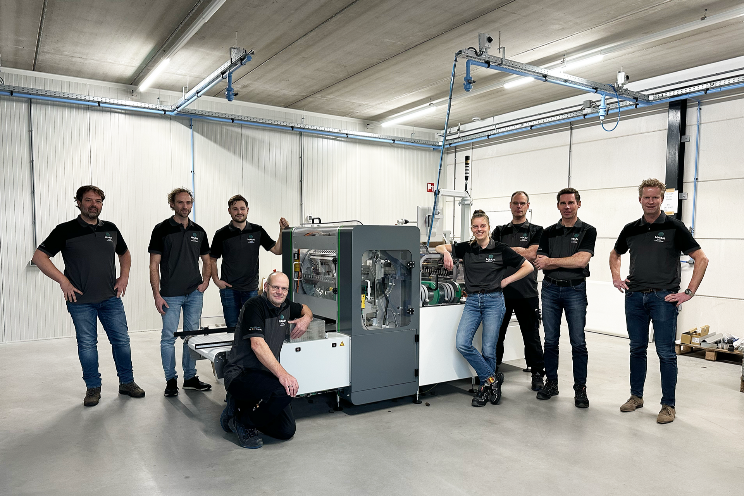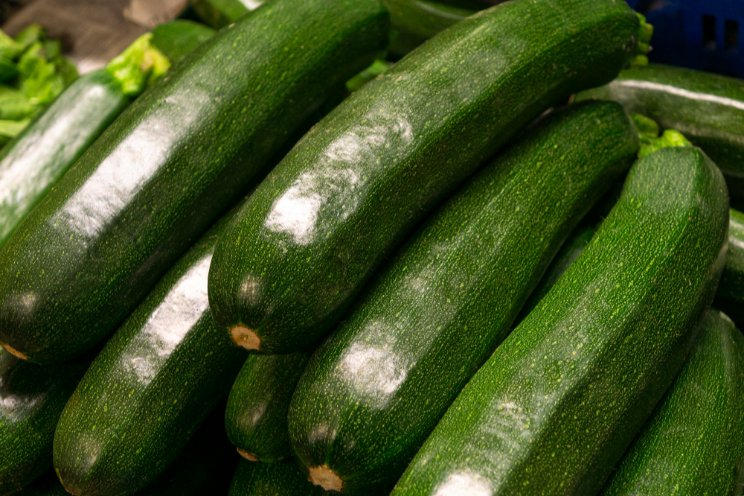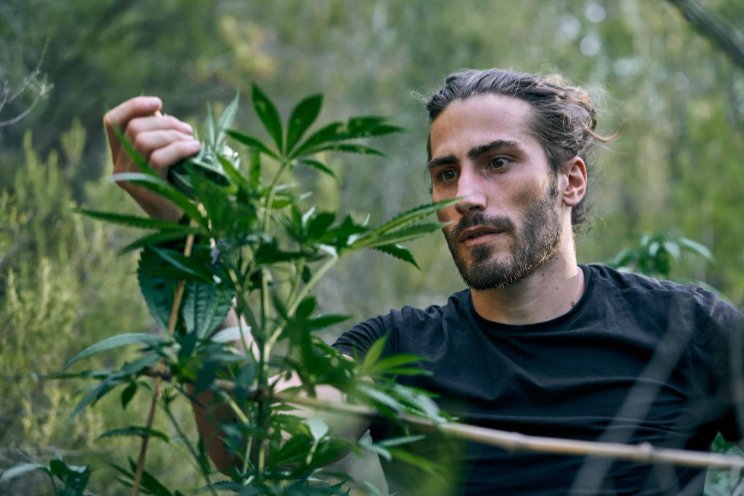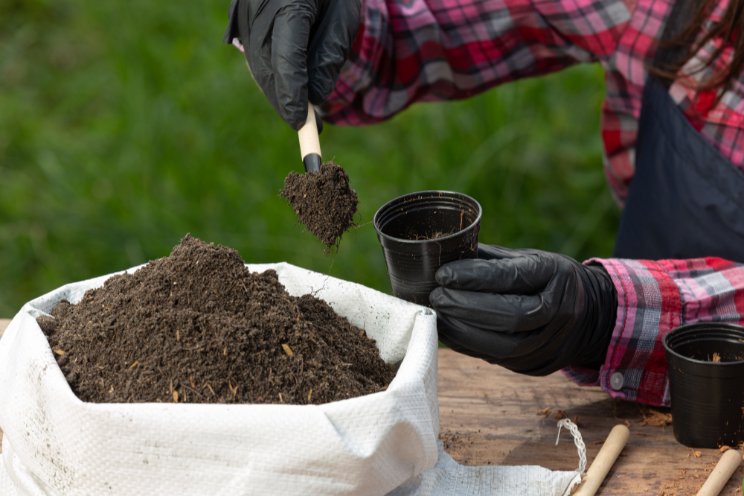Why STEM can sell careers in horti
Added on 20 February 2020
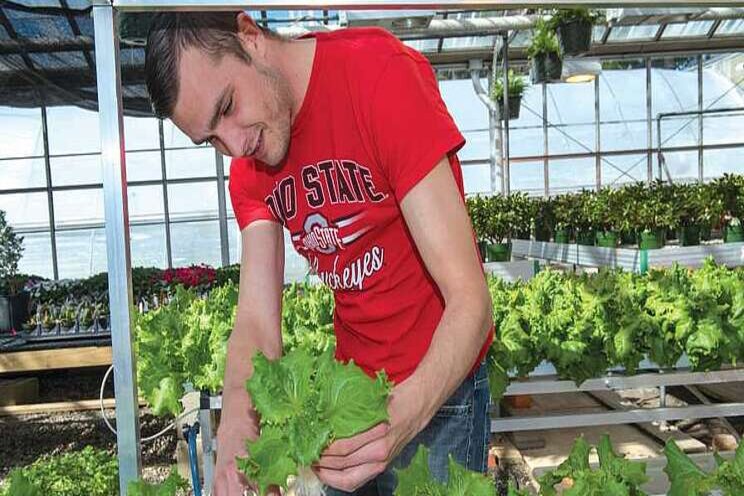
It is no secret that all of agriculture has a serious labor problem. Major news outlets tend to cover only farm labor issues, but the horticulture industry is struggling to fill positions of all skill levels, from nursery workers and landscape crews to plant scientists and engineers.
Plants have always appealed to humanity because of the connection formed with nature and the feeling of accomplishment when growing something tangible. People who work in gray cubicles staring at the artificial blue light of computer screens all day enjoy escaping to get their hands dirty in the garden or, at the very least, nurturing a small, stationary living being on their desk. Plants are filling an important place in the hearts of burned-out people displaced from the living world. This connection to nature is great for attracting new customers, and it does entice people to come work in our field. But the way we sell plants to customers is not necessarily the way we should be selling horticulture careers.
Ironically, horticulture is not viewed as a high-tech field. This is in spite of the cutting-edge technology that is increasingly being used in both horticultural research and throughout the industry. We need to make people aware that our businesses use high-tech tools. Today's students have learned that success and stability come from technological fields, and enhancing the perception of horticulture as an innovative field helps attract potential students to study horticulture and make it into a career.
It's Time to Promote New Opportunities
My own career path into horticulture was indirect. I didn't discover my love for plants or realize I could make a career of horticulture until after I had a bachelor's degree in chemistry and had been working for a few years in IT consulting. These days, I have worked more than a dozen years as a grower at Pang's Nursery while finishing a Ph.D. at the University of Hawaii, where I am researching the effects of temperature on anthocyanins in poinsettias. I recognize the practical realities of day-to-day nursery operations, using techniques passed down from previous generations, but I have had to learn biochemical and molecular techniques to conduct my dissertation research. Had I been presented with the sophistication, science, and engineering possible in horticulture as a schoolchild, or even as an undergraduate, I may have started on my career much earlier.
Groups like Seed Your Future and the Collegiate Plant Initiative, and many associations and universities across the country, are trying to remedy this lack of awareness with programs aimed at increasing awareness of horticulture careers, but they need help. The industry needs to make a concerted effort to recruit more young people into our industry and should advertise that horticulture isn't an old-fashioned, archaic field. Growers use robots to do transplanting, harvest fruits and vegetables, prune plants, or even detect diseases and nutrient deficiencies. Drones can take inventory and inspect equipment for you. Plants grow in test tubes in labs, and vegetables are produced in vertical hydroponic farms.
Yes, tried-and-true methods have always worked, and you still need to learn the foundations and principles of growing, but they are supplemented by exciting, innovative new technologies that we should be advertising to young people.
We are all aware of the pioneering techniques being implemented in greenhouses and nurseries all over the world, but most people are not. I was completely clueless until I was knee-deep in my graduate degree program. Maybe I would have started in this career I love many years earlier had I known about the opportunities back then. It is time we let everyone in on the secret that horticulture is an inventive and engaging field and help the plant industry we are all so passionate about thrive in future generations.
Source: Greenhouse Grower
Photo courtesy of The Ohio State University
Source: Greenhouse Grower
More news


